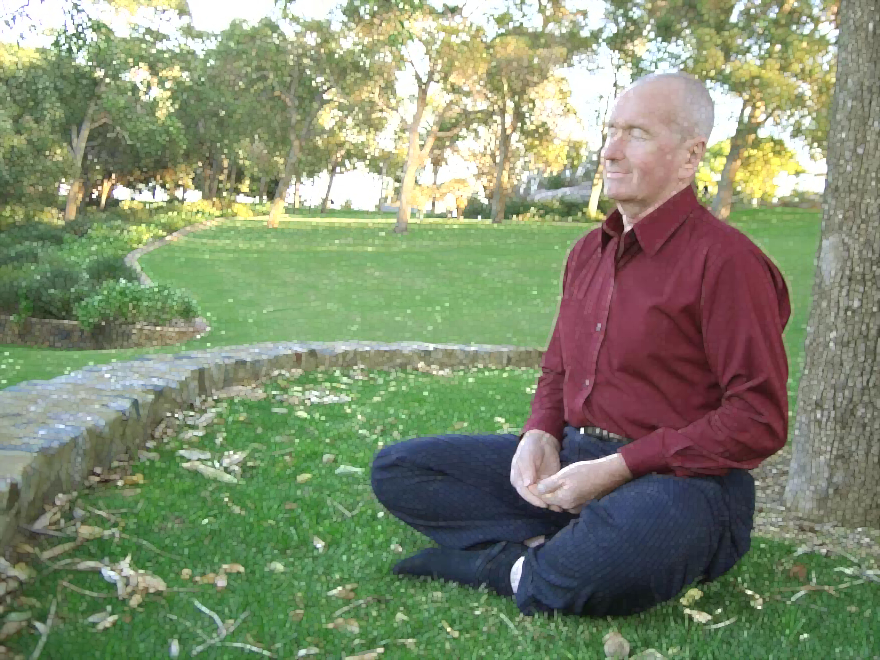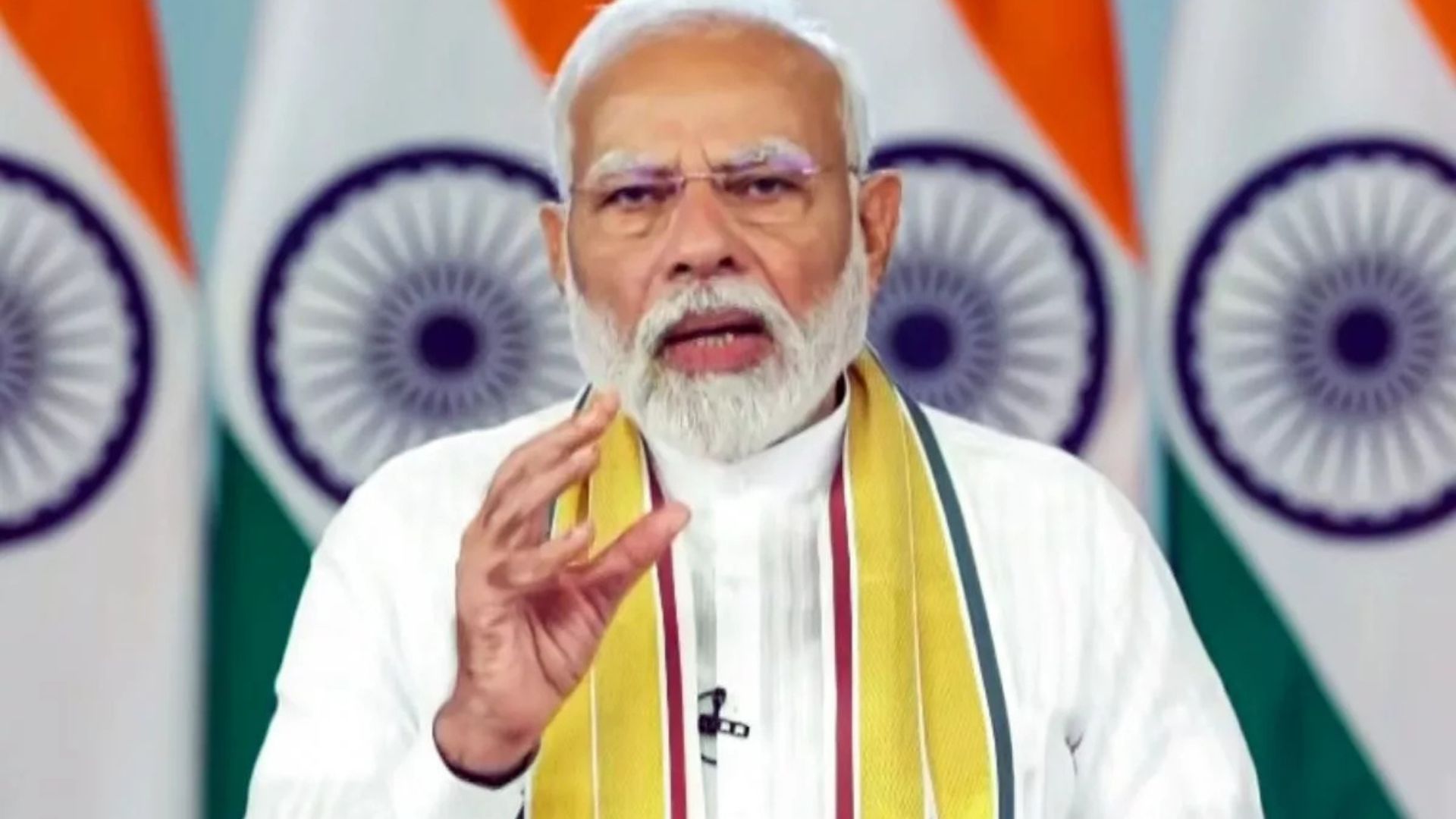
Cognitive psychology tells us that our feelings are the result of our way of thinking. Since we are the ones who create our thoughts, this means we, and not other people or situations, are responsible for how we feel. If I am feeling hurt, I created that feeling. In the same way, I can heal myself by changing the way I think. Healing begins in the mind when we take responsibility for our thoughts, words, emotions, and actions. All the emotional wounds we carry have been created by us, and we have the power to heal them.
Our state of mind determines how we feel about anything. I was once addressing the employees of a private firm and they said that they felt stressed because the company did not grant them leave from work. They would feel better if they could get more holidays, they said. I told them that if you are holy, then every day is a holiday. Holiday is a state of mind, not a place to be visited.
The mind is key to how we live our life. Some people tend to hold on to painful memories and nurse ill feelings for those who have hurt them in the past. This causes them stress and, over time, leads to physical ailments. Studies have shown that those who hold on to things in this manner tend to develop blood clots, which can have serious consequences. It is much better to forget and forgive, as that frees us from the negative emotions generated by unhappy memories, and helps us feel lighter.
There is a wealth of research data on the therapeutic benefits of forgiveness. Just a few words have been found to produce miraculous results in people’s health as well as their relationships. They are: ‘I am sorry’, ‘Please forgive me’, ‘Thank you’, and ‘I love you’. Studies have shown that repentance, forgiveness, gratitude, and love, when practised genuinely, heal relationships. Love here means accepting the other person as he or she is. None of us is perfect; we too make mistakes, just as others do, so the imperfections of others should not stop us from accepting and respecting them. We can go a step further and appreciate the good things about others. Appreciation builds self-esteem and fosters mutual respect.
Another practice that helps in healing is seeing things with the right perspective. It is up to us to magnify or shrink problems. We can develop the right perspective when the mind is free from the clutter of vices. Meditation is the best tool for clarifying and empowering the mind. The first step is to recognise the fact that we are spiritual beings, or souls. It is the soul that thinks, feels, and acts through the body. The mind and intellect are faculties of the soul. Then, when we remember the fact that we are children of the Almighty, we realise that we are not ordinary. Just as the offspring of a lion is a lion, with the attributes of the king of the jungle, we have inherited God’s powers and virtues. Remembering God with this awareness strengthens those virtues.
Regular practice of meditation develops our self-awareness, which allows us to detect and address negative thoughts as soon as they arise. A lot of people do not even recognise their negative thinking – it happens automatically and influences their behaviour without their knowing it. Meditation brings the mind back in our control. Self-awareness leads to self-understanding, then self-acceptance, self-respect, and, ultimately, self-transformation or healing.
Dr. Sachin Parab is a counsellor, hypnotherapist, and corporate trainer who has been practising and teaching Rajyoga meditation for the last 27 years.














